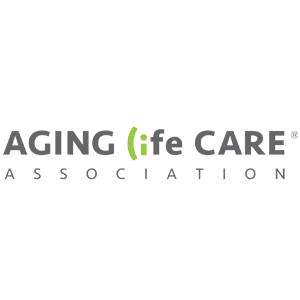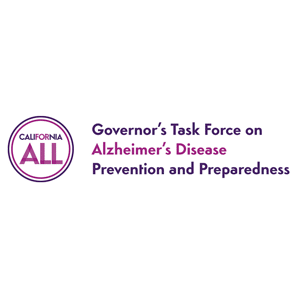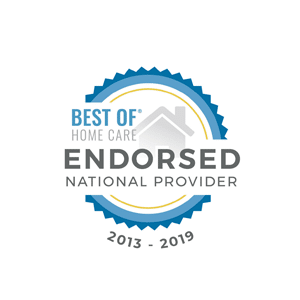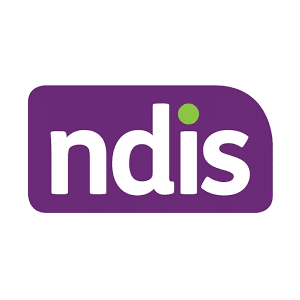
Unlocking Quality Care: Navigating Provider Governance Reforms for Home Care Packages
In the realm of in-home care, change is on the horizon. As of December 1, 2023, a new era of provider governance reforms is set to transform the landscape of aged care.
These reforms, brought forth by amendments to the Aged Care Act 1997, underscore the importance of effective governance and leadership in ensuring the safety, quality, and satisfaction of aged care recipients, particularly those benefitting from home care packages.
Embracing Change for Enhanced Quality
Effective governance is the cornerstone of quality care provision. The reforms aim to fortify governance arrangements for approved providers by ushering in specific changes geared towards fostering better leadership, a positive organizational culture, heightened transparency, and increased accountability.
These changes align seamlessly with the standards outlined in the Quality Standards, particularly Standard 8 concerning organizational governance and elements of Standard 6, which focuses on feedback and complaints.
The new responsibilities encapsulate approved providers across various care settings, including residential, home care, flexible care, short-term restorative care, multi-purpose services, and transition care.
However, it’s important to note that providers operating under grant agreements or falling under specific authorities are exempt from these obligations.
Empowering the Consumer Voice
One of the most significant shifts brought by the reforms is the emphasis on consumer advisory bodies.
These bodies are instrumental in amplifying the voice of care recipients, ensuring their needs and preferences are at the forefront of decision-making.
Whether a provider already has an existing consumer advisory body or not, there’s a renewed call to formally engage consumers at least once a year to revisit and enhance these advisory body arrangements.
Consumer advisory bodies should represent the diversity of backgrounds and be inclusive of those facing barriers to participation.
They must also offer opportunities for feedback on the quality of care and services provided. This involvement culminates in a more holistic understanding of care recipients’ experiences and paves the way for continuous improvements.

Elevating Care Quality through Quality Care Advisory Bodies
Another pivotal aspect of the reforms revolves around the establishment of quality care advisory bodies.
These bodies provide a platform for ongoing support, problem-solving, and improvement suggestions to the governing body.
This is especially relevant to organizations providing clinical care, as a representative directly involved in clinical care delivery is a requirement for the advisory body.
Quality care advisory bodies, operating in alignment with the Accountability Principles 2014, play a vital role in enhancing transparency and accountability.
They provide written reports to the governing body every six months, shedding light on the quality of aged care services rendered.
This mechanism enables a consistent flow of insights and informs strategic decisions to enhance care quality.
Adapting to the New Landscape
Existing and new providers alike must embrace these changes. Existing providers must realign their governing bodies and offer consumer advisory bodies, while new providers must establish quality care advisory bodies and extend invitations to consumer advisory bodies.
To ensure compliance and successful adaptation, it’s imperative to have the right mix of skilled personnel and to align constitutions with the requirements outlined in the reforms.
By cultivating a team of skilled professionals, promoting transparency, and consistently engaging with advisory bodies, providers can navigate the evolving landscape of aged care with confidence.
These reforms are a significant step towards ensuring that the elderly population receiving home care packages receive the quality, dignity, and respect they deserve.
In conclusion, the upcoming provider governance reforms mark a turning point in the aged care sector, ushering in an era of heightened transparency, accountability, and consumer-centeredness.
Home care packages are at the forefront of this transformation, poised to benefit from strengthened leadership, enriched organizational culture, and a more profound commitment to delivering exceptional care to our seniors.
As we move forward, embracing these changes will undoubtedly contribute to a brighter future for both care recipients and providers alike.

















